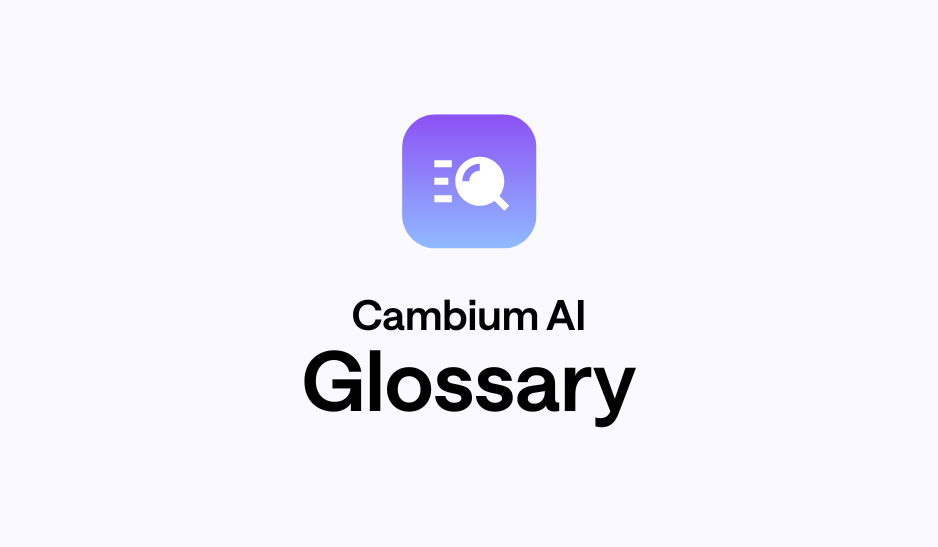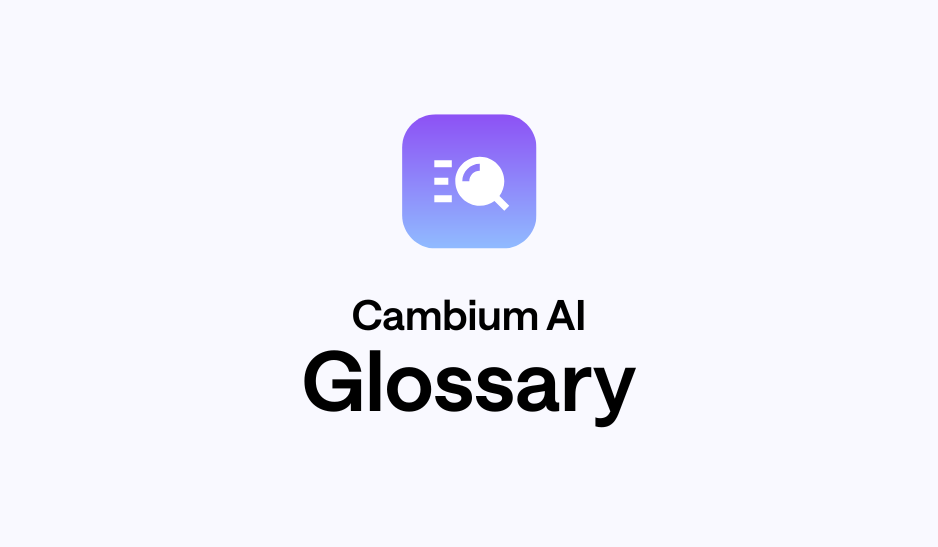Ability to Speak English | Demographic Glossary

Definition
For individuals who speak a language other than English at home, this classifies their self-assessed ability to speak English as "Very well," "Well," "Not well," or "Not at all."
Why It Matters
This metric directly indicates potential communication barriers and the need for language support services within a population. It's vital for assessing accessibility of information and services, and understanding integration challenges.
Specific Relevance for Professionals:
Marketers
Informs decisions on whether to provide marketing materials in languages other than English, and to what extent. It helps identify segments where English-only communication might be ineffective, guiding the development of multilingual customer service or product support.
Researchers
Essential for studying communication barriers related to health access, employment opportunities, educational outcomes, or civic participation. It helps quantify the extent of linguistic integration challenges within a population.
Consultants
Crucial for advising clients on customer service strategies, workforce training programs, or product design for populations with varying English proficiency. It helps identify the need for bilingual staff or translated materials to serve a market effectively.
Public Policy Workers
Paramount for designing effective language assistance programs in schools, hospitals, and government agencies. It informs policies on emergency preparedness communication, voter accessibility, and ensuring equitable access to essential services for individuals with limited English proficiency.
